

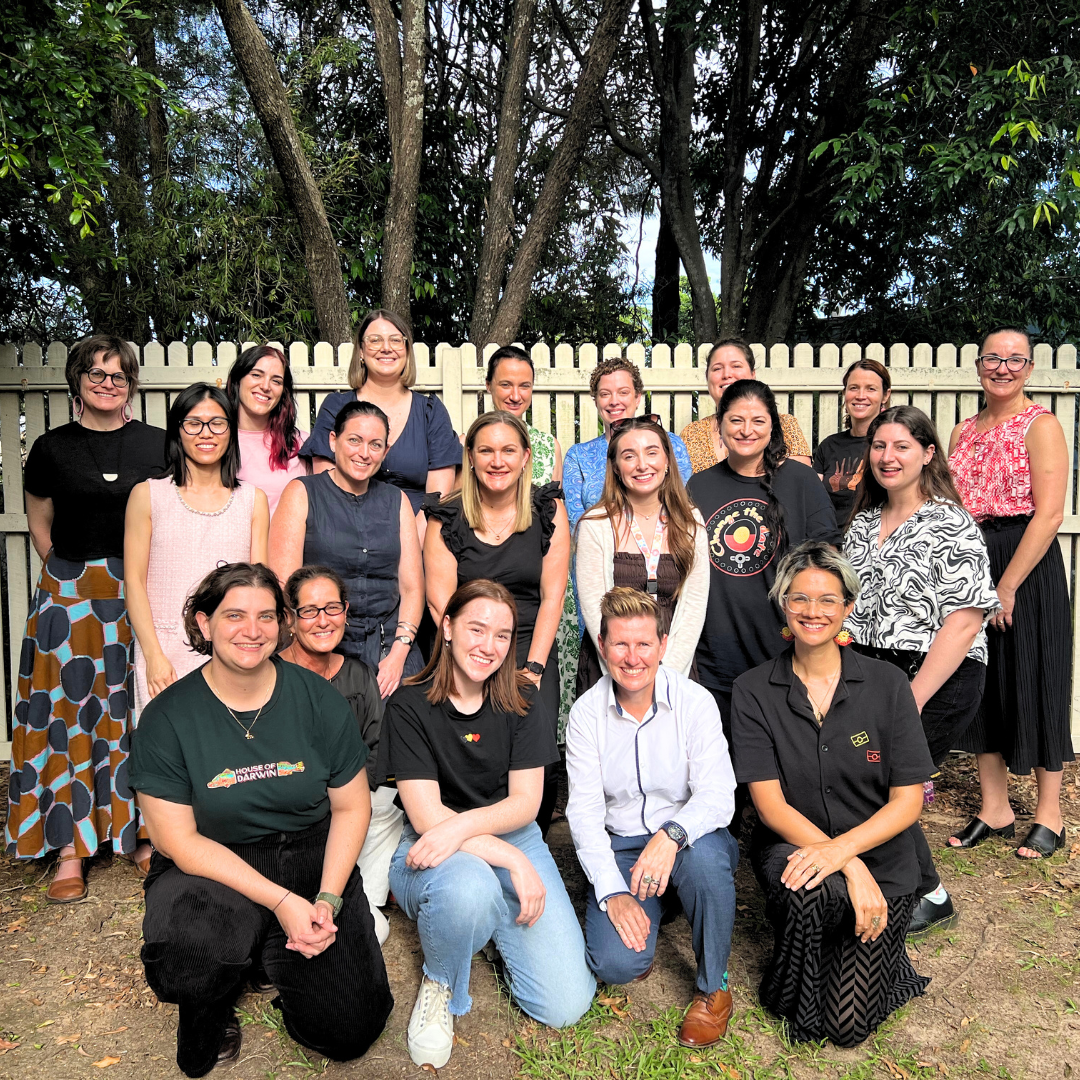
Women’s Legal Service Queensland (WLSQ) has taken a significant step toward reconciliation by joining Reconciliation Australia’s Reconciliation Action Plan (RAP) program. With the successful registration of its inaugural Reflect RAP, delivered between March 2024 and March 2025, WLSQ has joined a network of over 2,500 organisations dedicated to fostering reconciliation across Australia. This Reflect RAP serves as a foundation for future initiatives, addressing key issues such as race relations, equality, institutional integrity, unity, and historical acceptance.
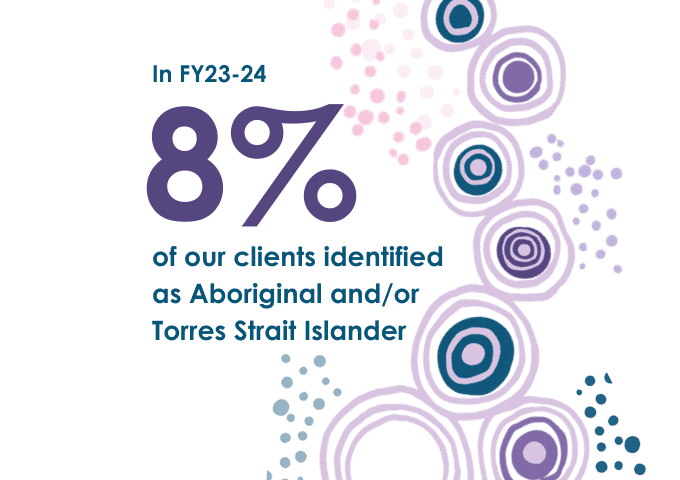
Our mission to provide accessible legal and social justice for women makes it essential for us to address the unique challenges faced by Aboriginal and Torres Strait Islander women, particularly in relation to domestic violence. Domestic violence affects all communities, but for Aboriginal and Torres Strait Islander women, barriers such as lack of access to support, fear of child removal or being misidentified as a perpetrator, a general mistrust in services, and factors like poverty, social isolation and communication issues mean that 90% of violence remains unreported. Despite policy reforms, there is still much work to be done to ensure these women receive the support they need. In the 2023-24 fiscal year, 8% of our clients identified as Aboriginal and/or Torres Strait Islander, highlighting the need to better address the over-representation of First Nations women in the justice system. First Nations communities are not defined by statistics. They are built on strength, resilience, and cultural wisdom.
The protective factors that foster healing and change—such as cultural identity, family and kinship support networks, connection to country, traditional knowledge and beliefs, language, and self-determination—are vital sources of strength.
By developing culturally competent services, we ensure First Nations women receive support that respects their cultural values and addresses their unique needs. This builds trust, encourages women to seek help, and strengthens our relationships with Aboriginal and Torres Strait Islander communities. Staff training in cultural competence enhances our ability to engage with diverse clients, improving service quality and employee satisfaction. This also enables us to advocate more effectively for systemic changes that address their specific needs.
We recognise that working with First Nations women and community-controlled services presents valuable opportunities for cross-cultural engagement, which enriches and strengthens our ability to support women from all backgrounds. This collaborative approach is aligned with research reports and reconciliation recommendations, ultimately improving community outcomes and creating more opportunities for referrals and other community legal education.
The launch of WLSQ’s Reflect RAP marks the beginning of our long-term commitment to supporting legal and social justice outcomes for First Nations peoples. Our RAP Working Group, through internal audits and open discussions, has identified areas for improvement, committing to building strong partnerships, offering cultural safety training, and elevating First Nations voices throughout our service.
A key focus of our RAP is fostering meaningful relationships and trust through action. This year, we encouraged staff to attend significant events such as Birrunga Gallery’s National Reconciliation Week Walking Breakfast, The Uluru Statement and Mob23’s ‘Reflections on the Referendum’ event, and the University of Queensland’s workshop on Allyship, Action, and Analysis. These opportunities have deepened our engagement with First Nations communities, helping us strengthen our ability to support women from all backgrounds.
As part of our reconciliation journey, WLSQ’s RAP working group collaborated with artist Rachael Sarra in December 2023 to discuss the values, past achievements, and future goals of our service in delivering trauma-informed, culturally appropriate support to Queensland women. Rachael was commissioned to create a unique artwork titled “Her Story,” now proudly displayed in our Annerley client reception area. This impactful piece emphasises WLSQ’s commitment to empowering women through respect, trust, and community collaboration. Rachael, a proud mixed-race First Nations woman from Goreng Goreng Country, integrates her creative practice with community leadership, advocating for First Nations voices through meaningful partnerships. She has collaborated with notable clients and created significant public artworks, showcasing her dedication to storytelling and cultural empowerment. We extend our gratitude to Rachael for her continued support and for capturing our mission through her art.
HER Story by Rachael Sarra
At the centre of everything is our women, surrounded by respect, trust and care that the Women’s Legal Service Qld provides. Through care, collaboration and community we build trust and hold space to tell HER story. Through cultural safety and respect we empower our women to feel safe and worthy enabling them to build strength within themselves, allowing this strength to have rippling effects to all women in our community.
On March 28, 2024, WLSQ held a soft launch of its Reflect Reconciliation Action Plan (RAP) with an internal celebration for staff across multiple offices, including an information session and catering from Fig Jam Co. The official launch took place on June 19, 2024, at kuril dhagun within the State Library of Queensland. The event was attended by community leaders, stakeholders, supporters, and staff, and featured a Welcome to Country by Aunty Kathryn Fisher. Speeches were given by Rachael Sarra, the artist behind the RAP artwork, and Karina Hogan, a founding member of the WLSQ First Nations Advisory Group. The launch also included a powerful dance performance by The First Creatives, celebrating the talent and contributions of First Nations people.
Looking ahead to the next 12 months, WLSQ is proud to have established a First Nations Advisory Group, made up of six respected First Nations women from Queensland. Each member brings diverse expertise across governance, media, community facilitation, child protection, social work, and clinical counselling. Meeting regularly, the group aims to build strong connections with community leaders, drawing on their knowledge, wisdom, and lived experiences to develop strategies that enhance the experience of both clients and staff within our service.
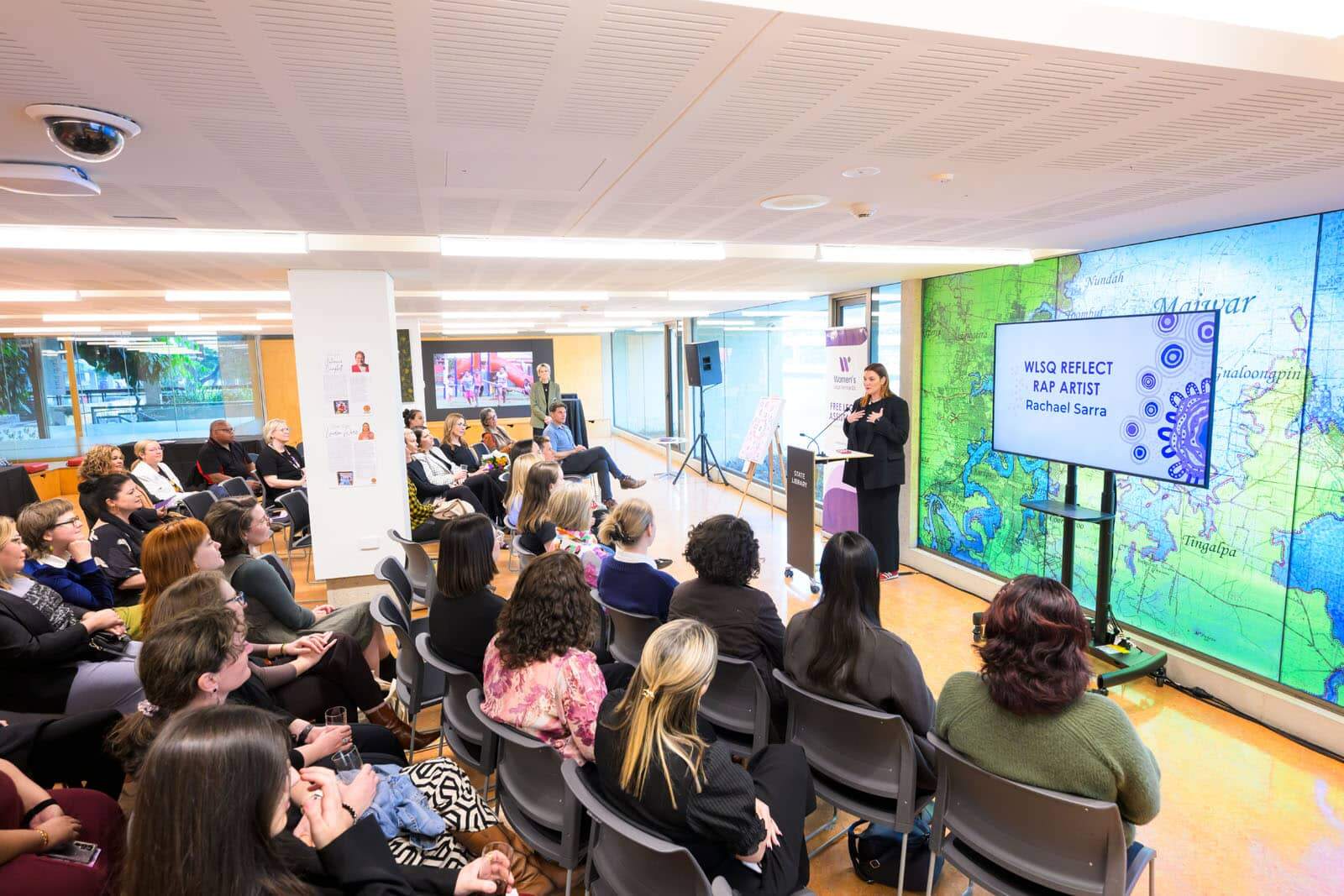
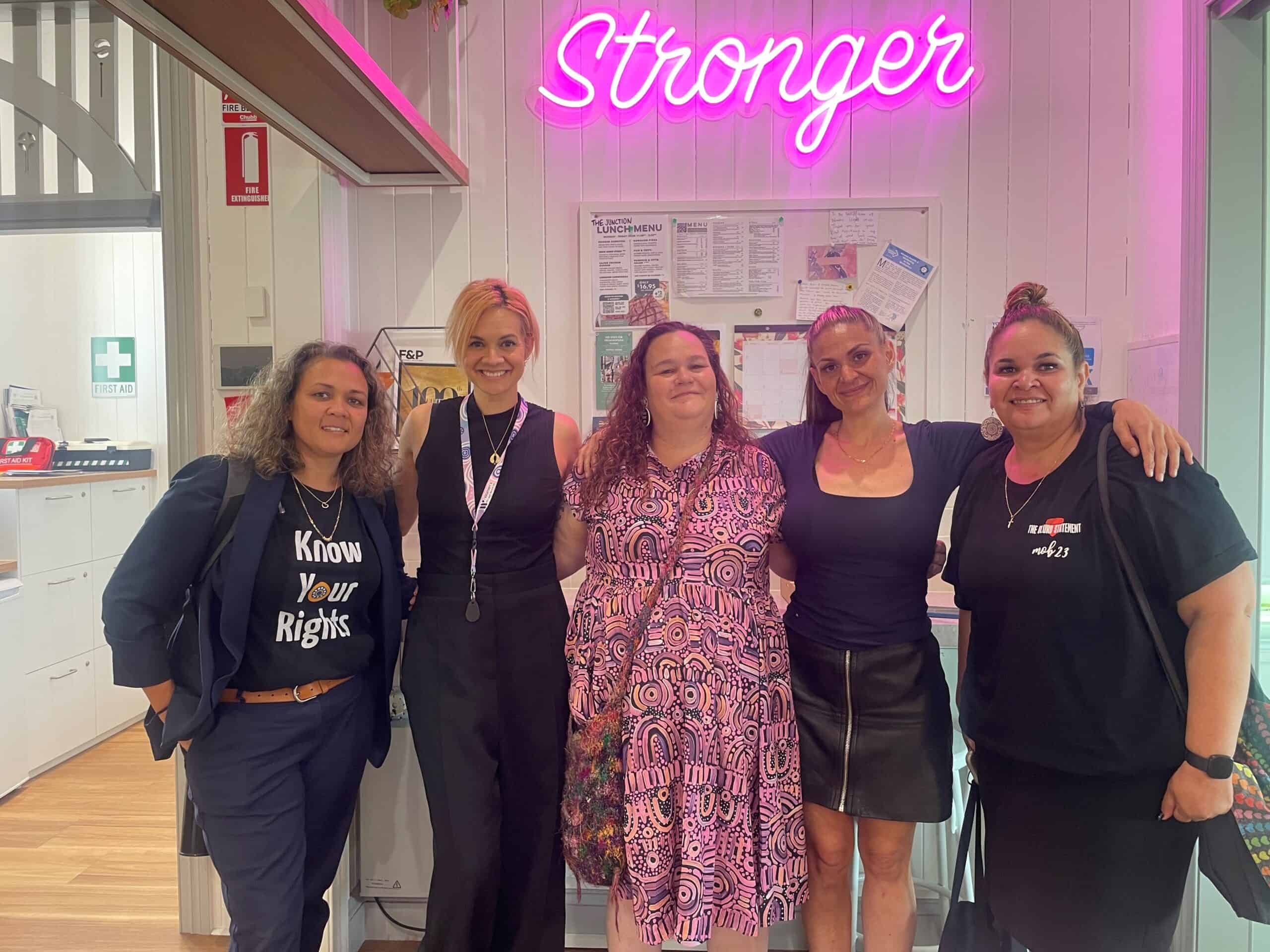

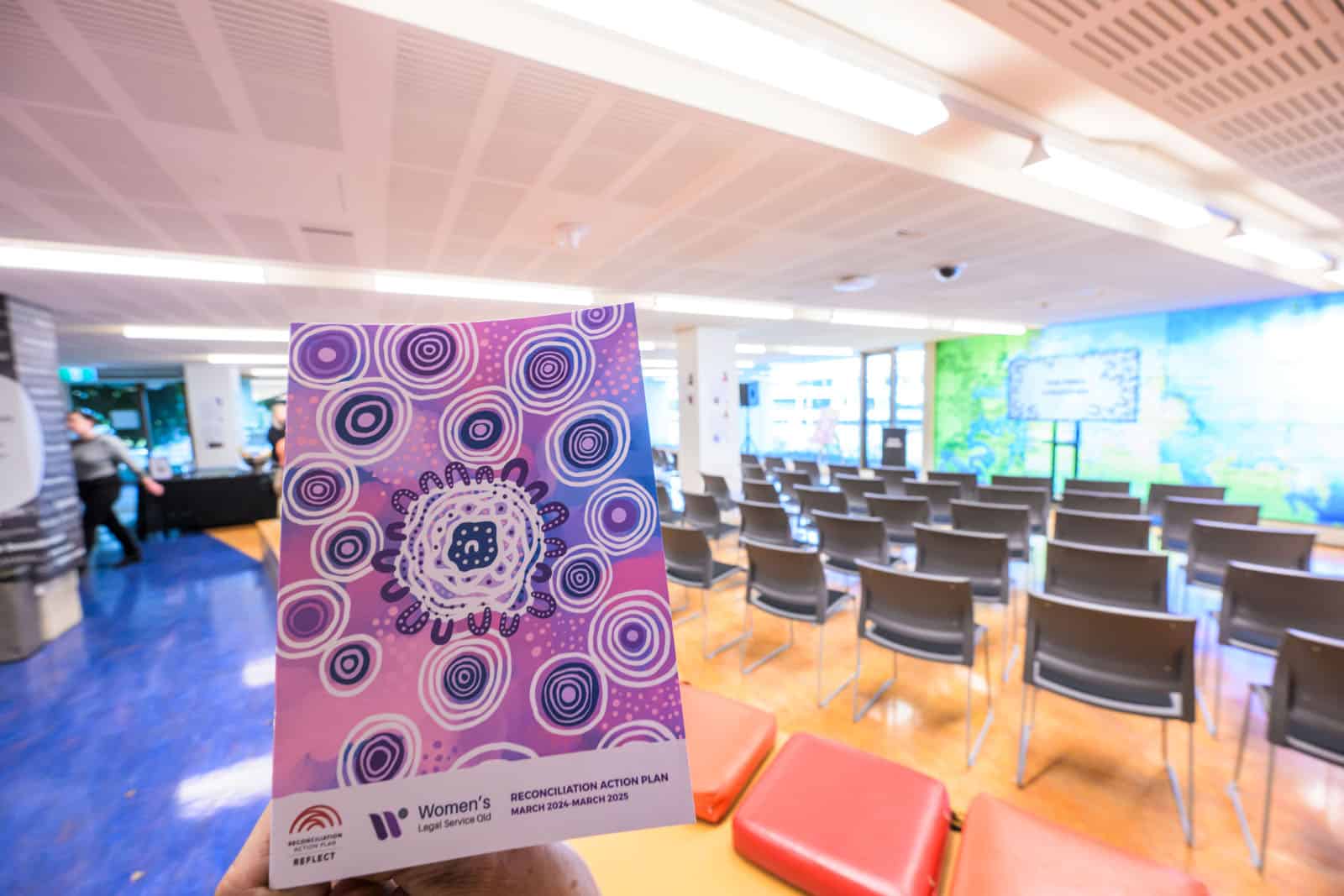
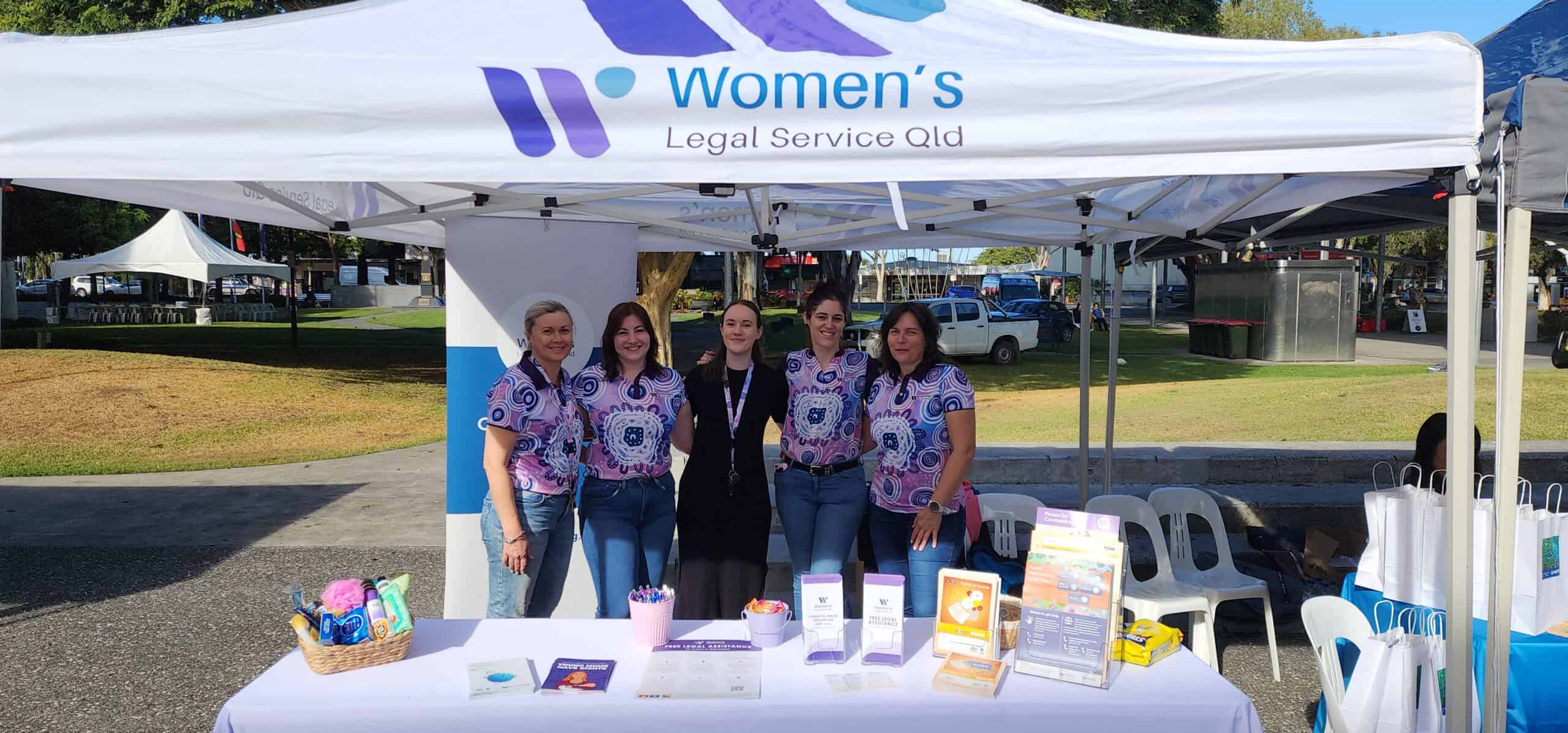
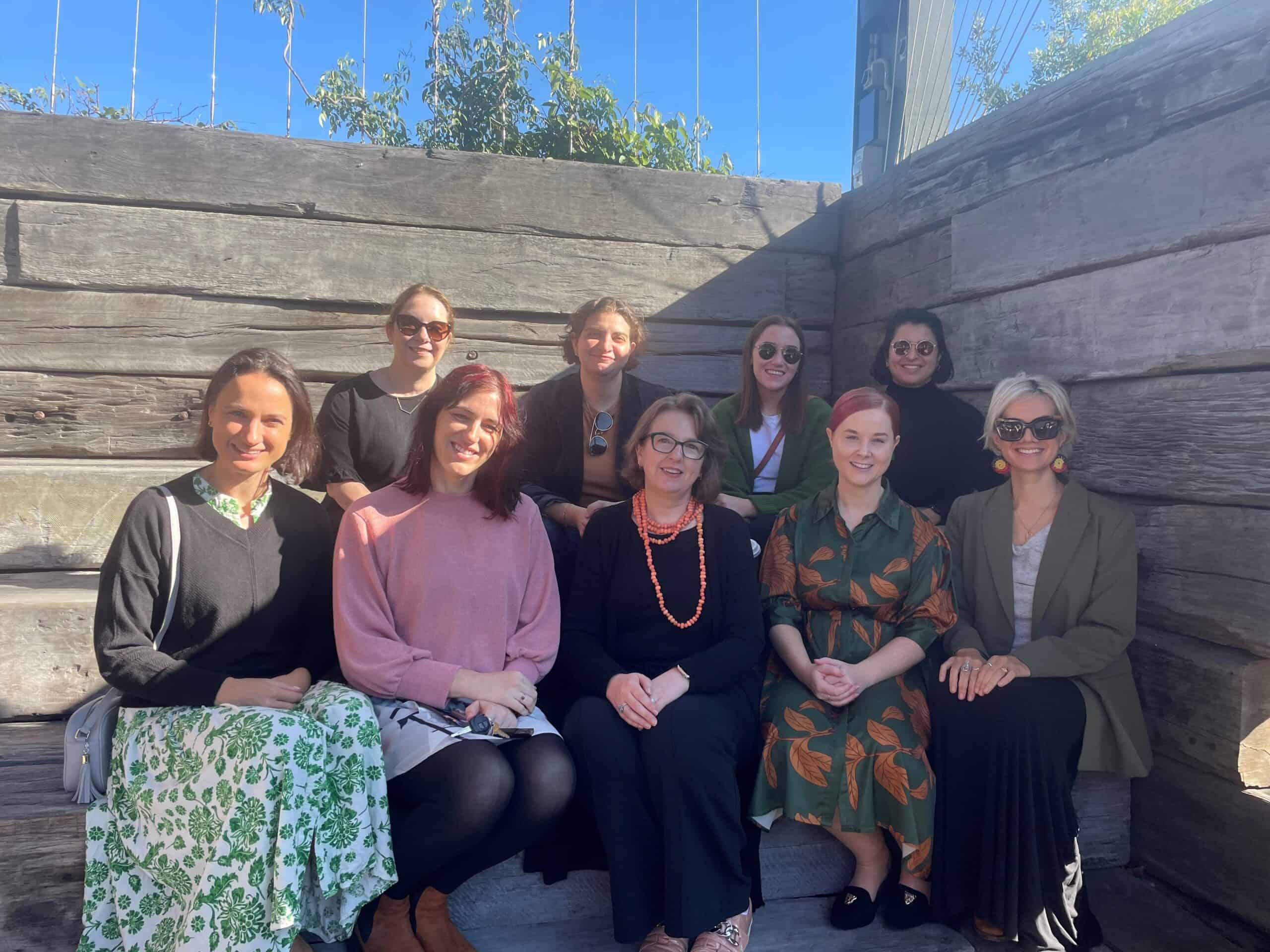
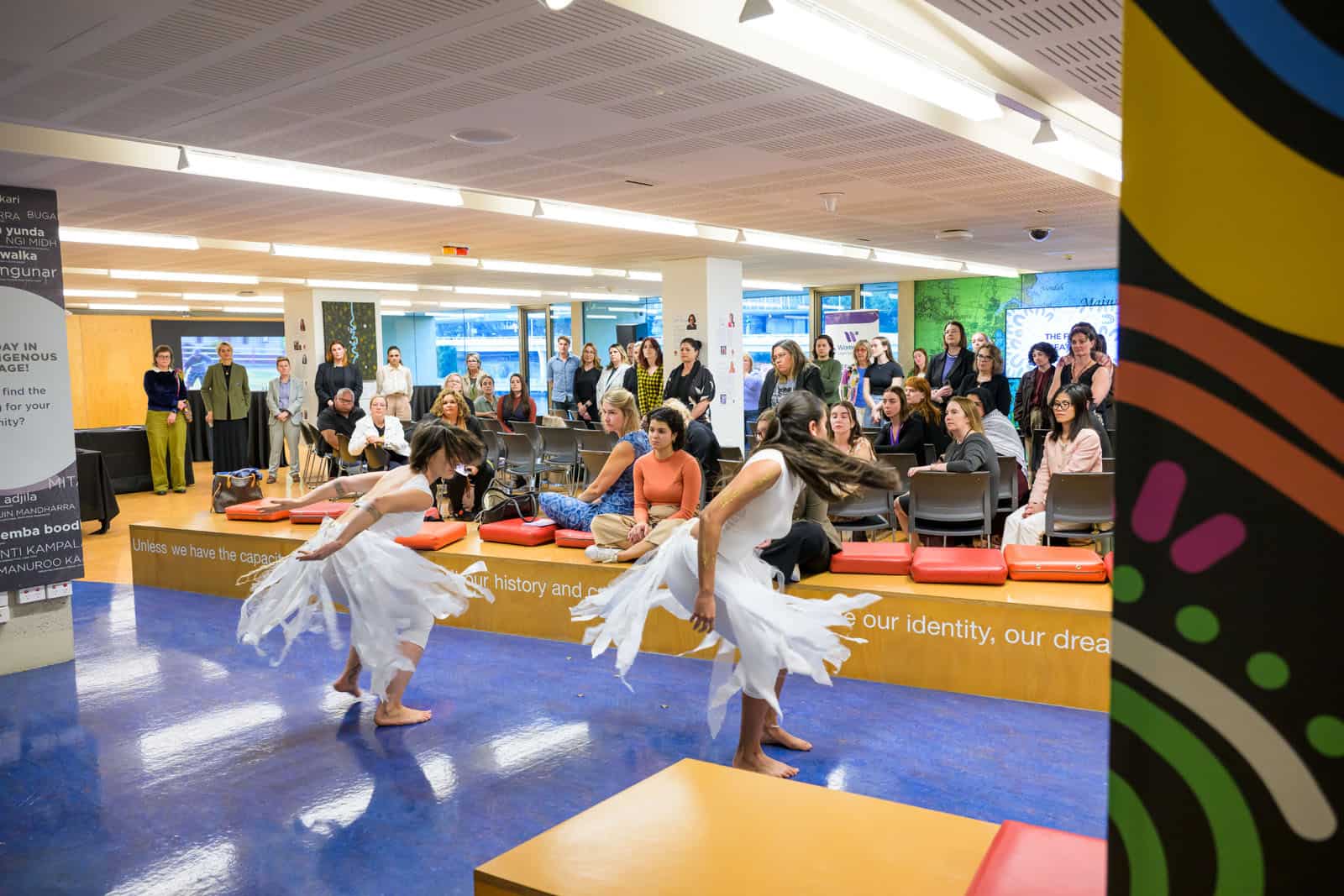
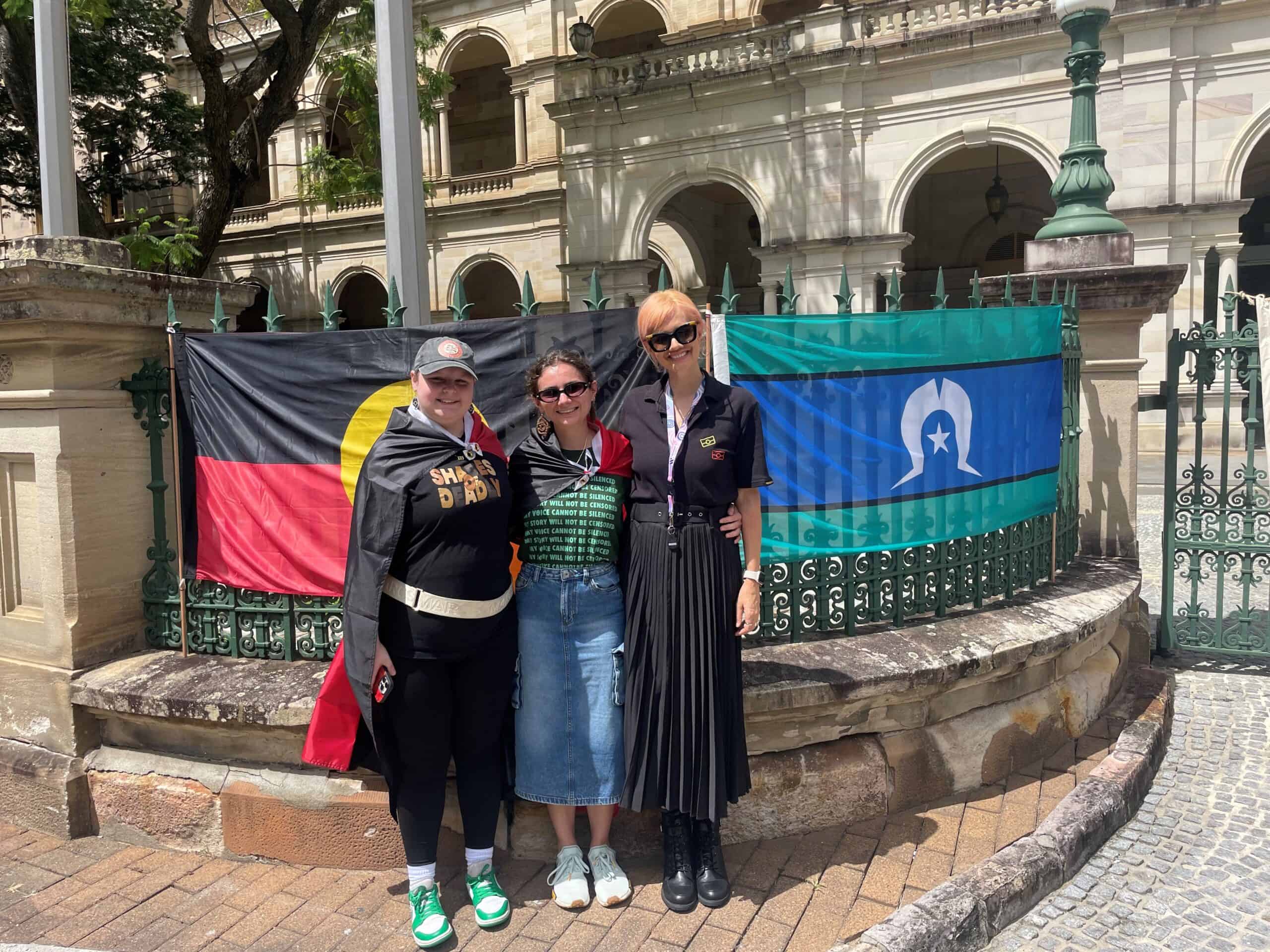
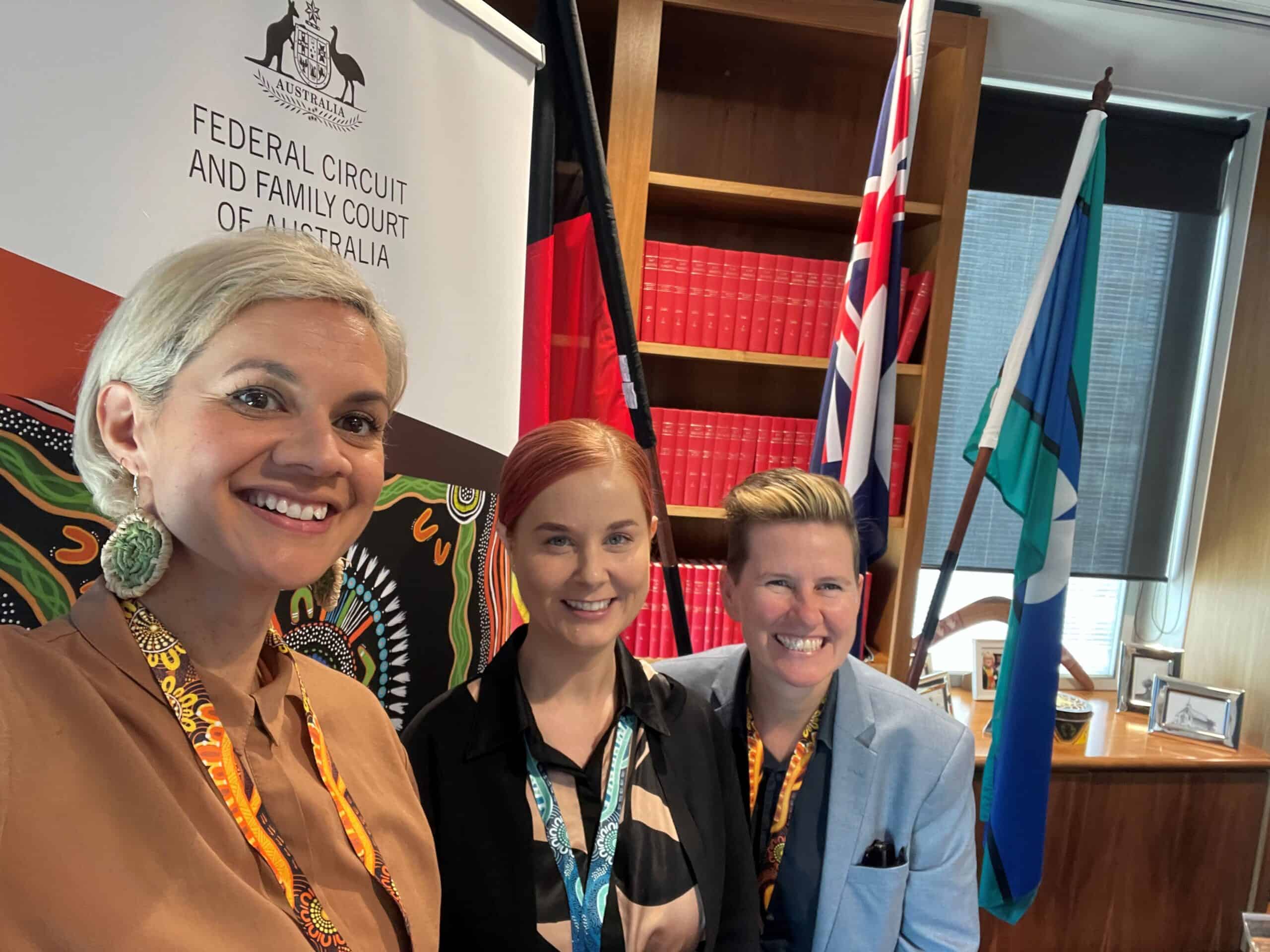
While we hold informed views on issues affecting First Nations communities, we are not an Aboriginal Community Controlled Organisation, nor do we speak on behalf of all First Nations women. The issues we have highlighted here are some of the key areas within our sphere of expertise. We know that there are a multitude of intersecting issues which affect First Nations Women. We are committed to listening, learning, and advocating responsibly in partnership with communities and experts.
We advocate for:
Training for judicial officers and lawyers that is comprehensive, ongoing, and tailored, and addresses unconscious bias and the unique needs and experiences of First Nations communities.
Identifying and removing discriminatory practices, policies and procedures within the legal system that create barriers for First Nations women.
A child protection system that prioritises the best interests of children and keeps Aboriginal and Torres Strait Islander families together, acknowledging their overrepresentation in the child protection system.
A family law system that is accessible, simple, trauma-informed and recognises the unique cultural needs of Aboriginal and Torres Strait Islander people and children.
A domestic violence system that is accessible, simple, trauma-informed and recognises the unique cultural needs of Aboriginal and Torres Strait Islander people, acknowledging that First Nations women are overrepresented as victims of violence and are often misidentified as the perpetrator of domestic violence.
Please provide us with more suggestions for what we should include on this page, send us an email rapwg@wslq.org.au
Click here or press the ‘esc’ key to exit this site quickly.